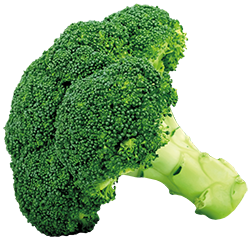
Symptoms of magnesium deficiency can include:
- Insomnia
- Constipation
- High Blood Pressure (Hypertension)
- Lethargy
- Muscle Cramps
- Impaired Memory
- Brain Fog
- Seizures
- Anxiety
- Depression
- Chronic Pain
- Chronic Headaches/Migraines
- Hormonal Disturbances
Factors contributing to magnesium depletion:
- Drinking carbonated beverages regularly
- Consumption of foods with refined sugar such as cookies, cakes, pastries, or other desserts
- Physical or mental stress or a recent medical procedure (i.e. surgery)
- Drinking caffeinated drinks such as coffee or tea daily
- Diuretics, heart medication, asthma medication, and birth control pills
- Consumption of 7 or more drinks weekly
- Taking calcium supplements without magnesium or with magnesium in less than a 1:1 ratio
Studies have shown that people who suffer from chronic disease or chronic stress greatly benefit from magnesium supplementation therapy. Chronic stress and common every day substances such as caffeine and sugar can deplete the body’s magnesium levels. Calcium is always considered the most important mineral for bone health, but as it turns out, magnesium is just as important (or even more so)!
- Eat magnesium rich-foods such as dark leafy greens, nuts, seeds, fish, beans, avocado, bananas, dark chocolate)
- Take ionic magnesium drops as directed
- Apply magnesium oil to your skin
- Soak in Epsom salt baths. This will provide not only magnesium, but sulfur for your liver as well
Source: http://www.ancient-minerals.com/magnesium-deficiency/need-more/
The information provided is for general interest only and should not be misconstrued as a diagnosis, prognosis or treatment recommendation. This information does not in any way constitute the practice of medicine, or any other health care profession. Readers are directed to consult their health care provider regarding their specific health situation. Marque Medical is not liable for any action taken by a reader based upon this information.

